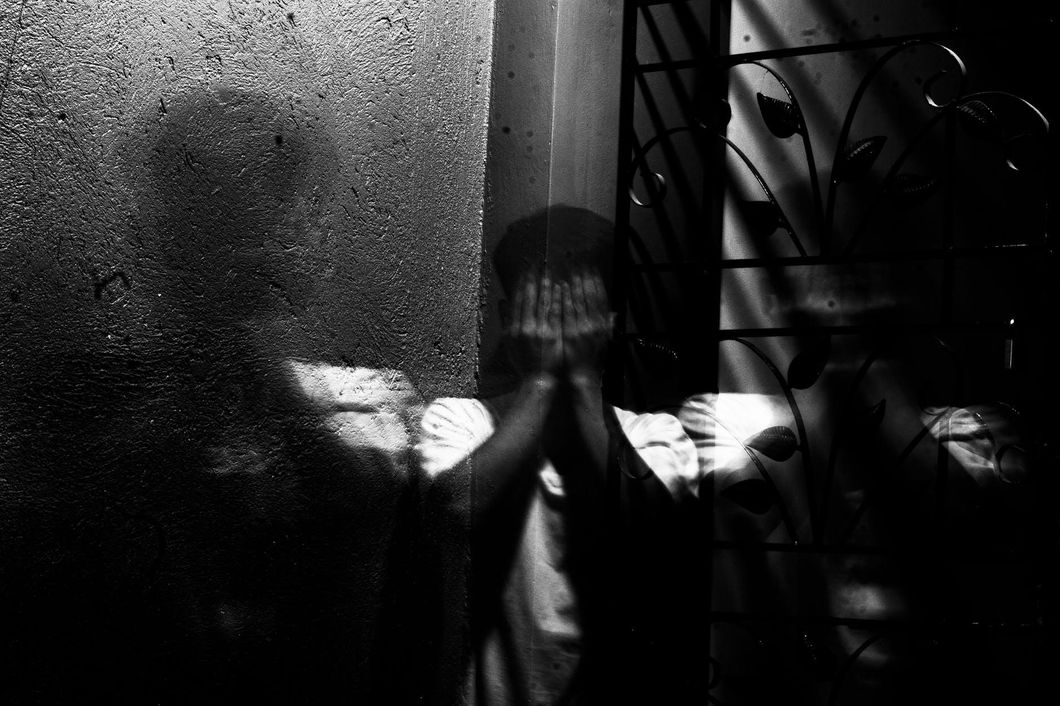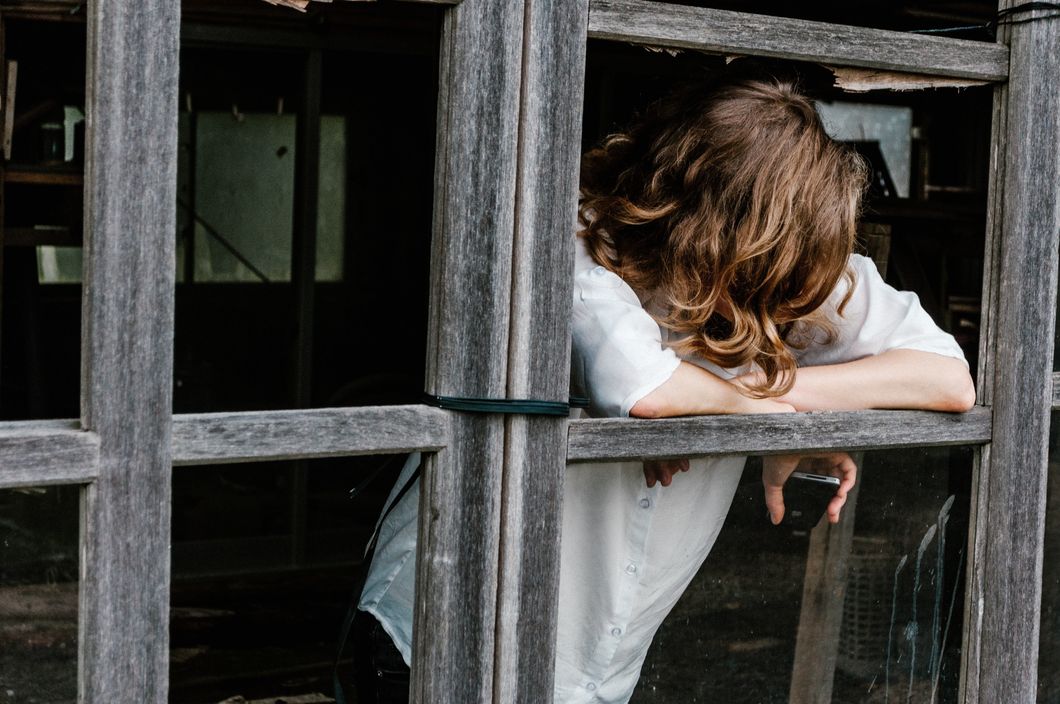Putting Bipolar Disorder In The Spotlight
It's time to take the stigma away
One of the most common mental health disorders is Bipolar I and II, in fact around 3 million people each year are diagnosed. And while mental health is being pushed into the spotlight even more there is still quite a bit of stigma circulating around it, and with Bipolar Disorder this is even more true due to the nature of how it is constantly presented in the media, whether it be on the news or even in films. So, what is Bipolar Disorder? And what are the manic and depressive episodes like?
* I am not a licensed therapist therefor do not take this article as medical advice. If you or someone you love is needing help please seek a licensed therapist.
Not many are aware that there are two different phases that revolve around bipolar disorder, they are manic and depressive. What are they? How would you classify them? What are the symptoms of the phases? These are the most common questions regarding these two phases, and quite honestly it can be hard to pinpoint them from an outsider who is not aware of how to spot if their loved one is going into either phase.
Manic:
One of the most common symptoms of a manic episode is when someone goes on a spending spree, this is what most therapists have pointed out. But there are other points to look at. Unusually talkative, random increased energy, a little need for sleep, and inflated self esteem are also known to be part of the manic episode.
Imagine this, one morning you wake up and for some unknown reason you have this sensation of feeling that you can do anything and everything in just a short amount of time. You go on a run that seems a lot faster than usual, then as soon as you get home you strip off your clothes and hop into the shower. Once you get out of the shower you have found yourself dressed in mere minutes leaving you standing in front of the laundry washer placing all of your garments in before you start cleaning up the entire kitchen. But here is the kicker, it had only been an hour. What would normally take you several hours to do you have done in just one hour, that is sixty minutes.
Depressive:
It goes without saying that depressive episode seems to be self-explanatory, however there are some symptoms that most would not even think to even consider. Sadness, uncontrollable crying, severe anxiety, numbness, withdrawal from loved ones, guilt, and sometimes anger can even creep into the depressive episode leaving them in an uncharted territory.
Most just associate any depressive episode that anyone goes through is all the same where you cannot get out of bed, that is not the case. Imagine you are at work and already you have an unusual feeling radiating throughout your entire body, and for some unknown reason, even though you are able to talk to your coworkers and anyone you might be helping inside your mind you are completely numb, there are no thoughts whatsoever. It is as if you had gone completely blank on the inside and nothing is able to inhabit it.


























